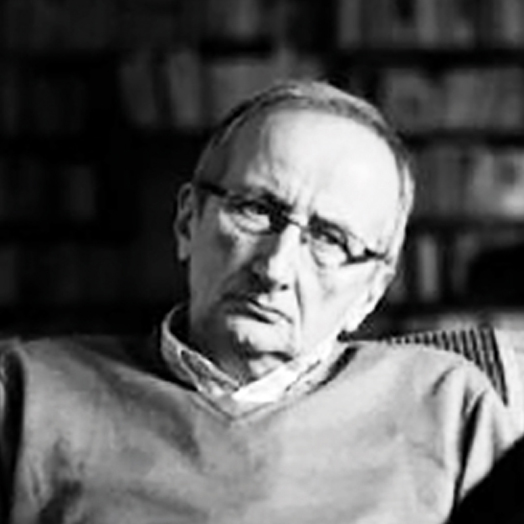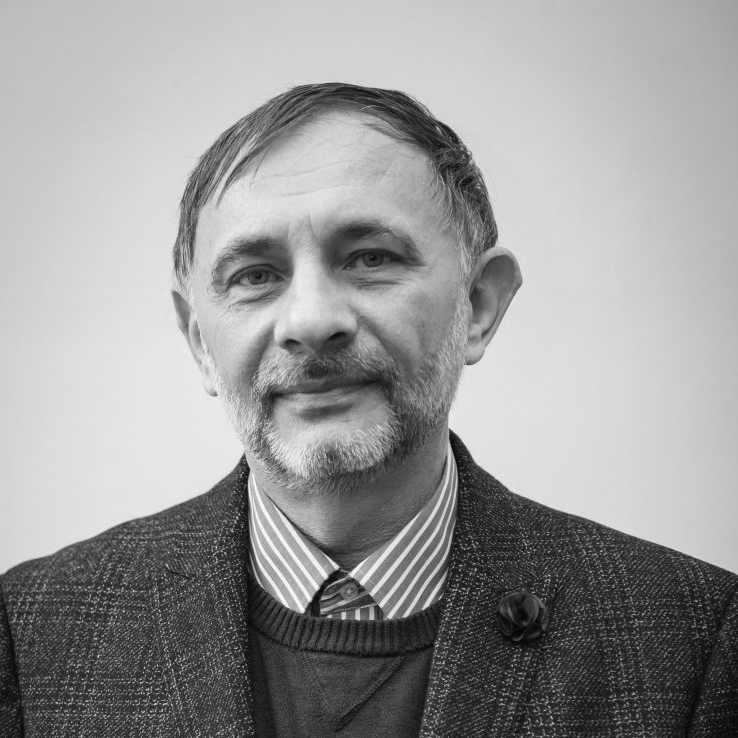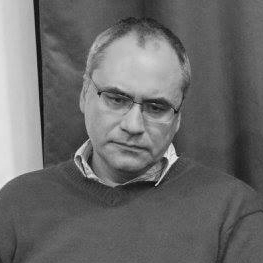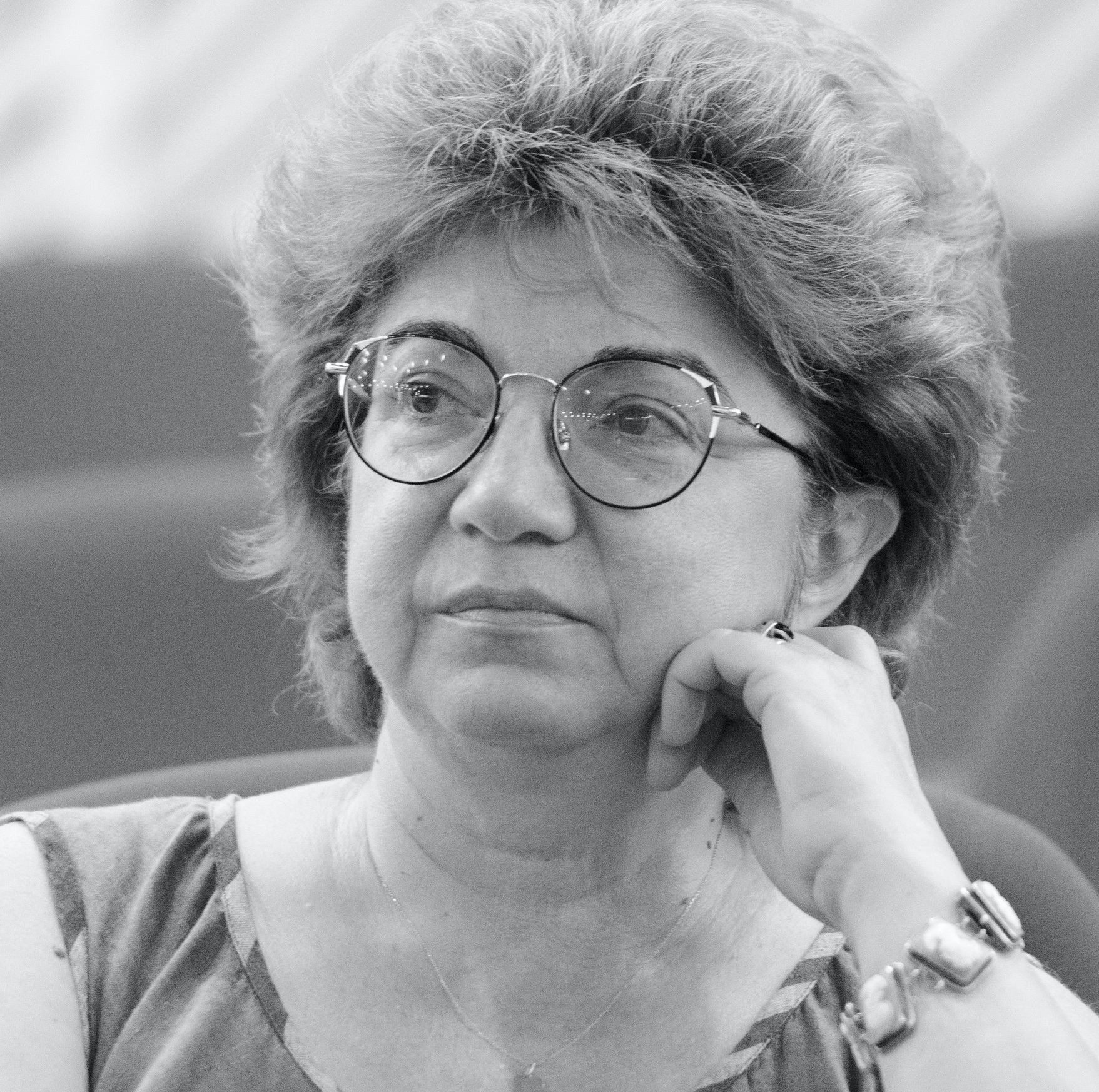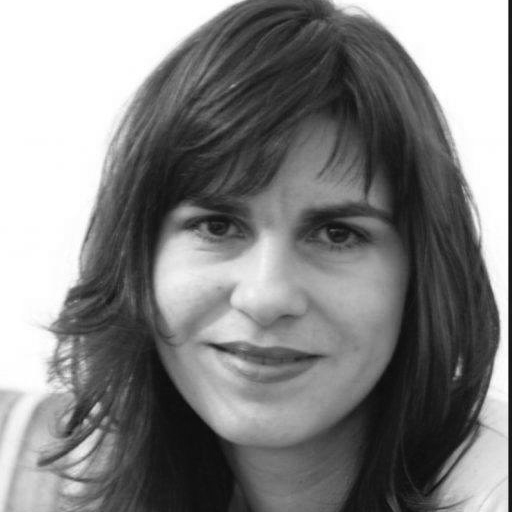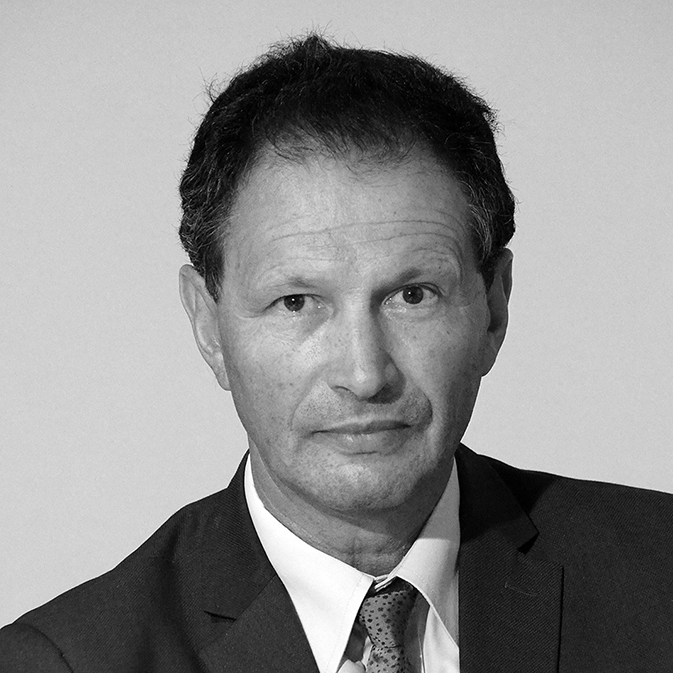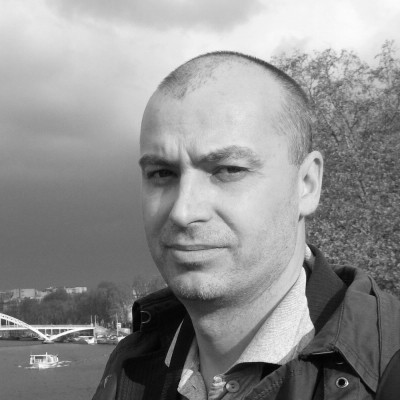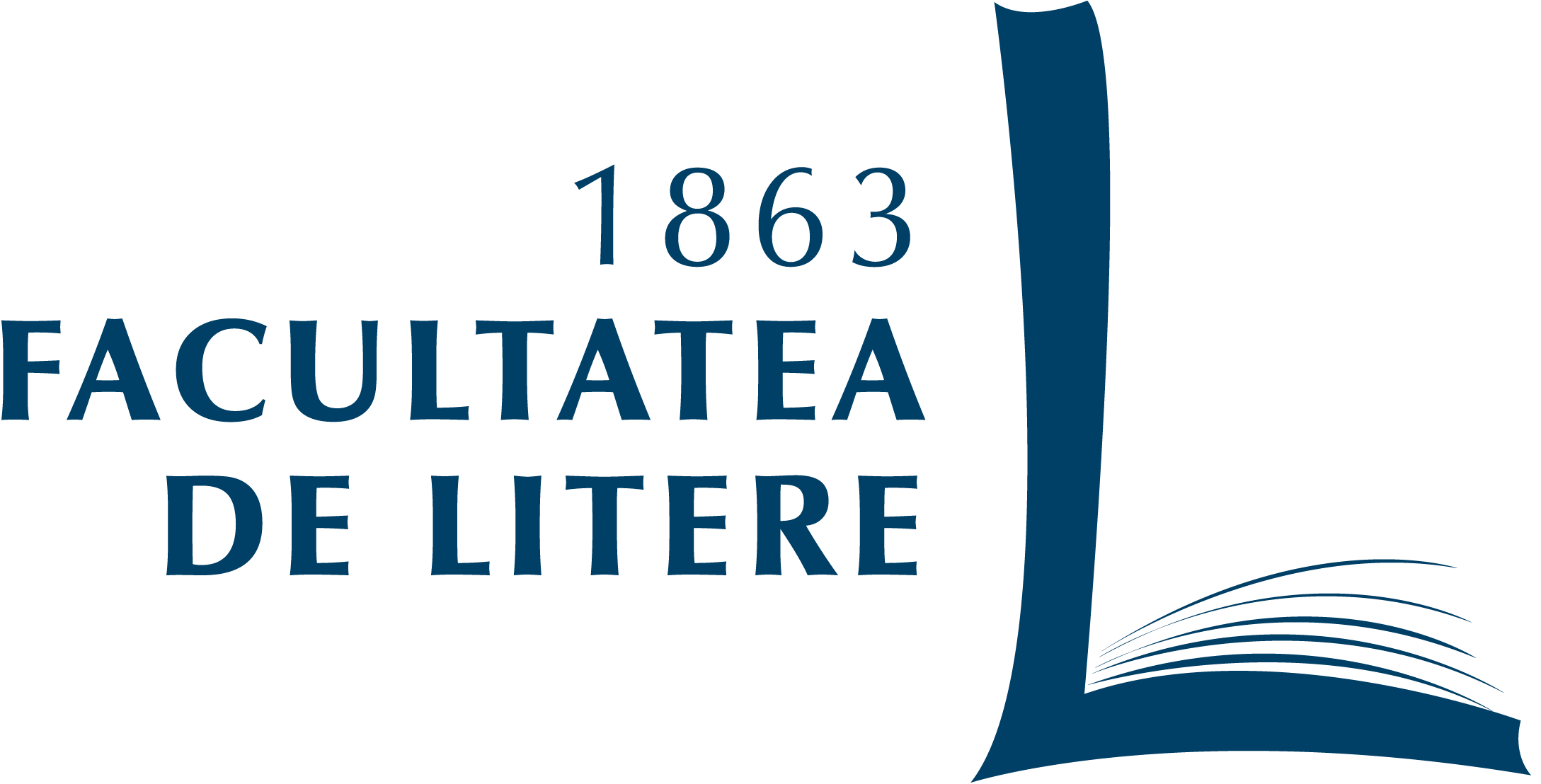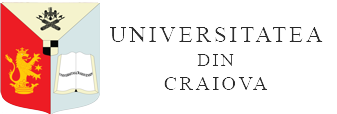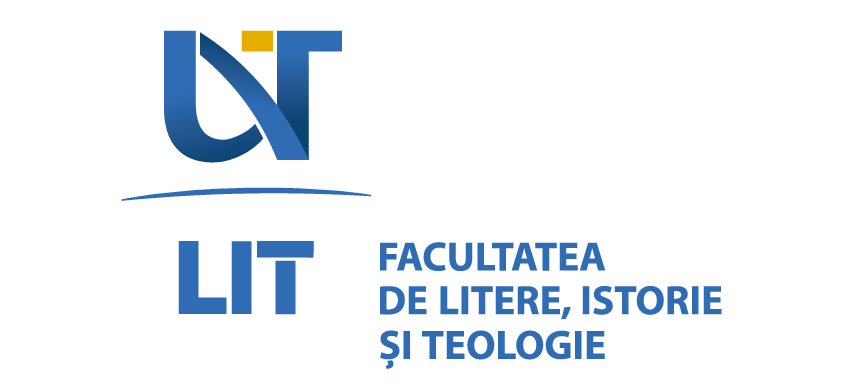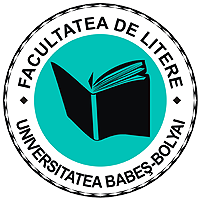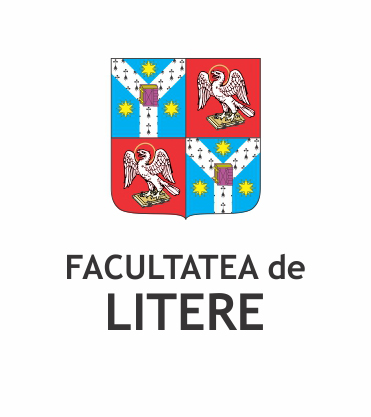Our mission
ALGCR seeks to undertake a constant re-evaluation of the particular condition, the functions, the interactions, interferences and… the indeterminate aspects which all constitute what we might today call “literature”. ALGCR promotes inter- and multidisciplinary study, a continuous connection with the Human, Social, Natural and Cognitive Sciences and their agenda – without losing sight of the identity of literary studies, deeply rooted in the theory and practice of Hermeneutics and the classical education model.
We believe that there exists no incongruity between the philological models of erudition and interpretation and the exploratory, experimental and multi-perspectivist ones of our times. A global, theoretical and comparative ethos entails not only the communicative link between cultures, but the synchronisation, based on our understanding and empathy, with the value systems which have taken root in our cultural sphere of reference as well. This is the sphere which we aim to expand as much as possible on a global scale.
At the same time, we will try to valorise the local cultural heritage from a contemporary and a post-contemporary point of view: the firmly-established legacy of Romanian literary criticism as well as important individual contributions made by forerunners such as Mihail Dragomirescu, Tudor Vianu, Basil Munteano, Adrian Marino, Paul Cornea etc. The ability to critically integrate your own cultural history, on the one hand, with the cultural diversity of the world, on the other, constitutes the aim and method of our activity, a mode of meaning-making as far as the intellectual, personal and collective way of life is concerned.
“It is quite astounding how much today’s challenges concerning globalisation and the European integration reflect the question of identity which Romanians were bound to ask over the last centuries. These are issues generated both by the internal diversity of a cultural space defining itself at the crossroad of Ottoman, Habsburg and Imperial Russian areas of influence and the sustained effort to replace the traditional universalism of the “Byzantine commonwealth” with the modern Western cosmopolitanism. That is why the Romanian literary studies and comparatism benefit not only from their contact with the most daring mental experiments of the Western world, but also from the local pool of creative solutions to building bridges over temporal and geo-cultural faults.” Caius Dobrescu, Vice President
